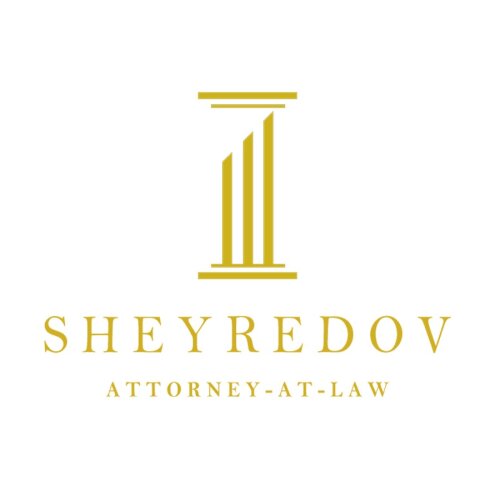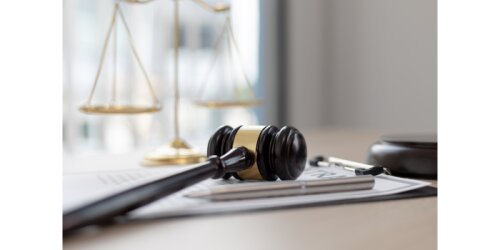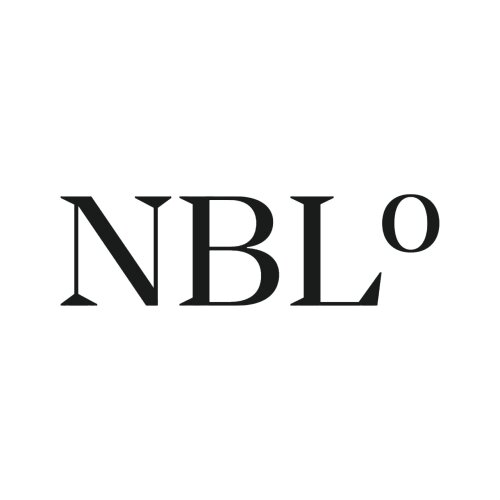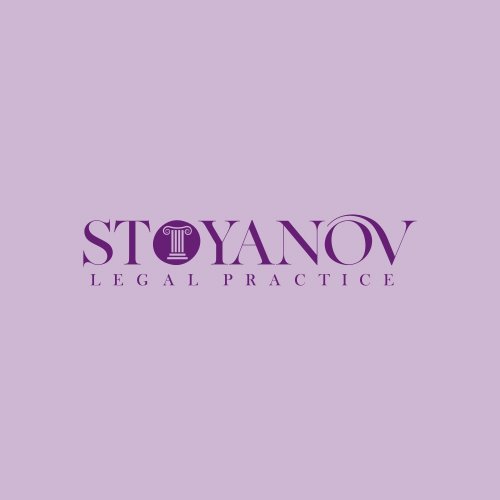Best Trusts Lawyers in Bulgaria
Share your needs with us, get contacted by law firms.
Free. Takes 2 min.
Or refine your search by selecting a city:
List of the best lawyers in Bulgaria
About Trusts Law in Bulgaria
Trusts, as understood in common law jurisdictions, do not have a direct equivalent under Bulgarian law due to its civil law system. However, some elements resembling trusts can be found in various structures and legal arrangements used for managing and distributing assets. These can include the use of contractual agreements, estate planning tools, and investment mechanisms that emulate some trust-like functions. Notably, Bulgaria is subject to EU regulations, which may influence trust-related matters, especially cross-border estate planning cases.
Why You May Need a Lawyer
Legal assistance may be necessary in a variety of scenarios involving the need for trust-like arrangements or asset management in Bulgaria. Common situations include:
- Estate planning and ensuring the proper transfer of assets upon death.
- Setting up and managing fiduciary arrangements, possibly involving family businesses or long-term care planning.
- Navigating cross-border issues where foreign trusts are involved and need to be recognized or administrated in Bulgaria.
- Interpreting and applying relevant EU family and succession law as it interacts with national law.
- Seeking guidance on tax implications and compliance for estate or asset management activities.
Local Laws Overview
Bulgarian law does not recognize the common law concept of trusts, but several legal instruments serve similar purposes:
- Succession Law: This governs how estates are handled upon death, including wills and inheritance procedures.
- Contract Law: Contracts can be used to establish fiduciary-like duties and manage asset distribution among parties.
- Property Law: Property rights and registration processes provide mechanisms for ownership management similar to trusts.
- EU Regulations: Additional layers of regulation affect estate and trust-related matters for EU citizens and assets across jurisdictions. These include the EU Succession Regulation, which provides rules on cross-border successions.
- Tax Law: Tax obligations for estate and inheritance must be considered in planning.
Frequently Asked Questions
1. Can I set up a trust in Bulgaria?
While traditional trusts are not available, similar arrangements can be achieved through contracts and estate planning tools.
2. How are inheritances handled in Bulgaria?
Inheritances are governed by the Bulgarian Inheritance Act, which outlines the rules for transferring assets to heirs, either through a will or intestacy.
3. What role do EU regulations play in trusts and estates?
EU regulations, like the EU Succession Regulation, play a significant role when dealing with cross-border estates and issues involving EU citizens.
4. Are there tax implications for inheritance in Bulgaria?
Yes, inheritances are subject to specific tax rules that must be considered in estate planning.
5. How can I manage property for someone else in Bulgaria?
You can use contracts to establish fiduciary-like arrangements or appoint a legal representative to manage property on another's behalf.
6. Can foreign trusts be recognized in Bulgaria?
Foreign trusts are generally not recognized in Bulgaria; however, their effects can sometimes be achieved through Bulgarian law instruments.
7. What if the deceased owned assets in multiple EU countries?
The EU Succession Regulation helps address the distribution of cross-border estates within the EU.
8. What is a fiduciary duty in Bulgarian law?
Fiduciary duties can be established through contractual relationships, requiring parties to act in the best interest of another party.
9. How can legal documents be enforced across EU borders?
EU-wide regulations and treaties facilitate the recognition and enforcement of legal documents in cross-border situations.
10. Is there governmental assistance for estate planning in Bulgaria?
While specific governmental programs may not exist, legal professionals and notaries provide assistance in estate planning within the existing legal framework.
Additional Resources
Here are some resources and organizations that can offer support for trust-related inquiries in Bulgaria:
- Bulgarian Chamber of Private Enforcement Agents
- National Revenue Agency - for tax laws and implications
- Bulgarian Ministry of Justice - for laws and regulations
- The Bulgarian Notary Chamber - for notarial services
- European Commission - for EU regulations, including the EU Succession Regulation
Next Steps
If you require legal assistance with trust-related matters in Bulgaria, consider the following steps:
- Consult with a licensed attorney or notary specializing in Bulgarian estate and property law.
- Gather relevant documents concerning your estate or the matters requiring legal assistance.
- Consider the tax implications and potential cross-border issues involved in your case.
- Reach out to local legal associations for recommended legal professionals and services.
- Explore available EU resources if your situation involves cross-border elements.
- Schedule a consultation to discuss your needs and pursue appropriate legal actions.
Lawzana helps you find the best lawyers and law firms in Bulgaria through a curated and pre-screened list of qualified legal professionals. Our platform offers rankings and detailed profiles of attorneys and law firms, allowing you to compare based on practice areas, including Trusts, experience, and client feedback.
Each profile includes a description of the firm's areas of practice, client reviews, team members and partners, year of establishment, spoken languages, office locations, contact information, social media presence, and any published articles or resources. Most firms on our platform speak English and are experienced in both local and international legal matters.
Get a quote from top-rated law firms in Bulgaria — quickly, securely, and without unnecessary hassle.
Disclaimer:
The information provided on this page is for general informational purposes only and does not constitute legal advice. While we strive to ensure the accuracy and relevance of the content, legal information may change over time, and interpretations of the law can vary. You should always consult with a qualified legal professional for advice specific to your situation.
We disclaim all liability for actions taken or not taken based on the content of this page. If you believe any information is incorrect or outdated, please contact us, and we will review and update it where appropriate.
Browse trusts law firms by city in Bulgaria
Refine your search by selecting a city.















